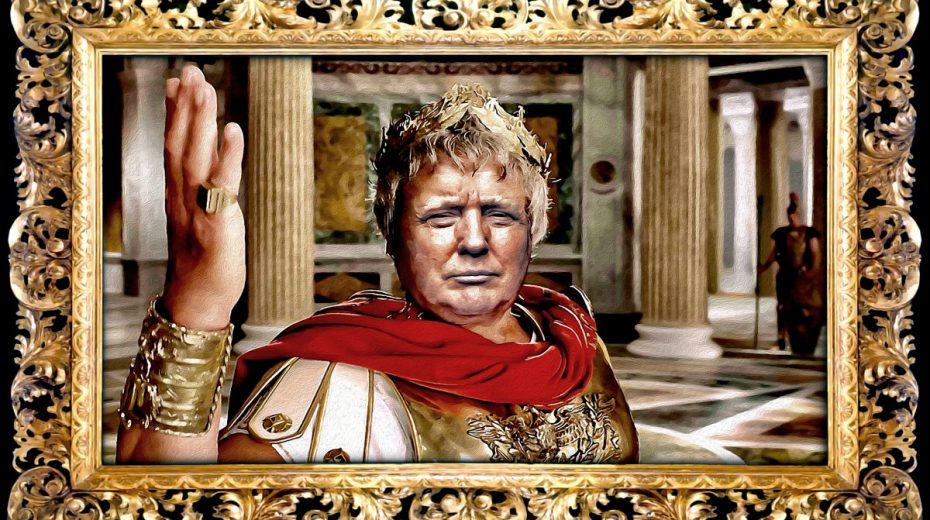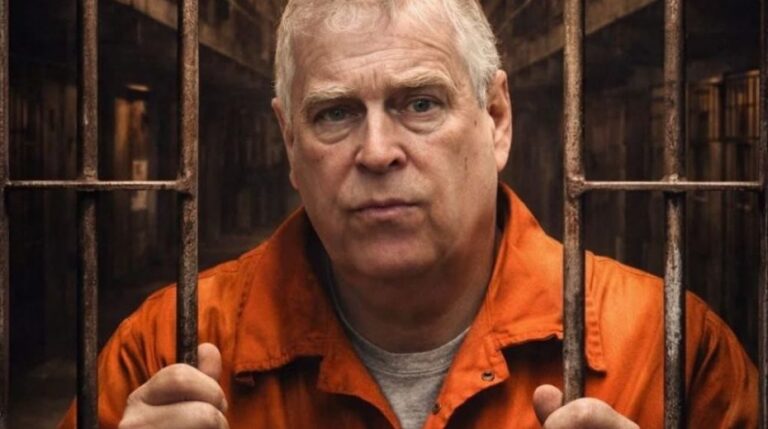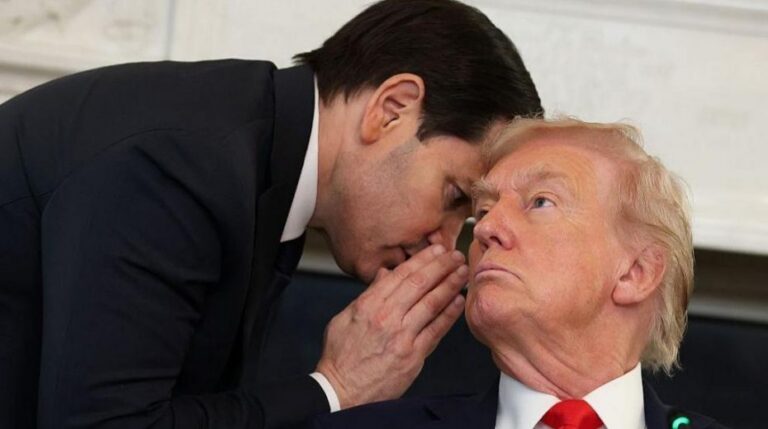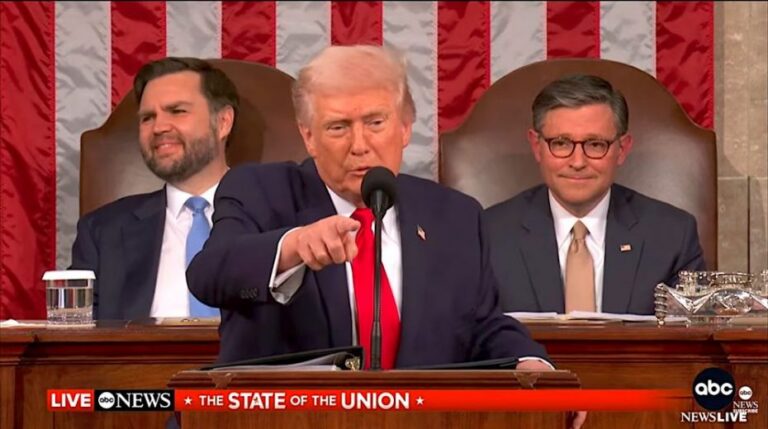
Trump has gained over $1.8 billion personally in the last year, according to the Center for American Progress
Recent figures indicate that the Trump family has amassed roughly $3.4 billion in profits since Donald Trump first assumed the presidency in 2017. Yet, why do so many Americans appear indifferent to this blatant conflict of interest at the nation’s highest level?
While it’s not unheard of for politicians to benefit financially from their offices, it doesn’t justify the practice. Back in 2000, even Democrats criticized Hillary Rodham Clinton when she launched her Senate career by securing nearly $8 million in advance payments for her memoir about her years as first lady. The arrangement raised concerns across the political spectrum. Accepting large sums that seem undeserved often raises suspicions of attempts to influence political outcomes.
Still, controversies over well-timed, multimillion-dollar book deals and speaking engagements are dwarfed by the staggering billion-dollar transactions tied to the Trump White House today.
During his presidency, Trump retained control—resembling a modern-day mob boss—of The Trump Organization, Inc., which owns and develops hotels, resorts, and golf courses worldwide, delegating the day-to-day management to family members. His business empire has expanded notably during his second term, including a publicly traded social media firm, a multi-billion-dollar cryptocurrency project, golf resorts, and other global ventures (In early 2025, the Trump Organization’s revenues surged 17 times to $864 million from just $51 million the previous year, as per Reuters calculations).
Meanwhile, Trump transformed the White House and its revered symbolism into a sort of profit-generating theme park, complete with branded currency and merchandise. He became the first president to operate a private online store funneling consumer purchases directly into his pocket—raising approximately $28 million from MAGA hats, sneakers, photo books, and the “God Bless the USA” Bible.
Over the past year, Trump reportedly netted over $1.8 billion personally, according to the Center for American Progress think tank, attributing most gains to the launch of his own crypto ventures amid heavy deregulation of the sector. A $2 billion investment by a UAE state-owned firm into the Binance crypto exchange involved the Trump family’s stablecoin asset. Additionally, in May, Vietnam’s Prime Minister Pham Minh Chinh and Donald Trump’s son Eric inaugurated a ceremony for a $1.5 billion luxury residential project featuring three 18-hole golf courses near Hanoi, coinciding with Vietnam’s efforts to avoid Trump-era tariffs.
Also, Saudi Arabia invested $2 billion in Jared Kushner’s company, Affinity Partners, with billions more coming from Emirati and Qatari financiers as recently as last year (Kushner denies any conflicts of interest in the venture). A lavish private jet gifted by the emir of Qatar was another highlight of this Middle Eastern investment surge; Trump has stated the jet will be donated to his presidential library after leaving office.
Mar-a-Lago, Trump’s private retreat, serves as his personal domain where he frequently assumes a king-like status. Membership fees skyrocketed from $100,000 before the 2016 election to $1 million annually today. It’s estimated this Florida sanctuary alone accounts for at least $125 million a year in profits linked directly to Trump’s political ascendance. Additional revenue streams include gifts, legal settlements, and earnings from a $40 million Amazon documentary about Melania Trump.
Trump’s presidential enrichment is markedly distinct from predecessors. Traditionally, candidates have released tax returns before and during their terms, offering transparency about their wealth and financial changes while in office. Trump has notoriously withheld his tax documents, keeping the public in the dark about his finances.
The official US president’s salary stands at $400,000 annually, alongside perks such as living in the White House rent-free and receiving separate funds for travel and entertainment. Historically, presidents distanced themselves from private enterprises upon taking office. Trump, however, remains an active businessman, a glaring exception.
The blatant self-enrichment stemming from the Trump White House is reshaping public views of the presidency. Rather than seen as a dedicated public official, the current occupant appears driven by greed, focusing on personal and familial financial gains at the nation’s expense. Such conduct ought to be unacceptable, yet widespread cynicism towards politics has led many Americans to no longer care.






